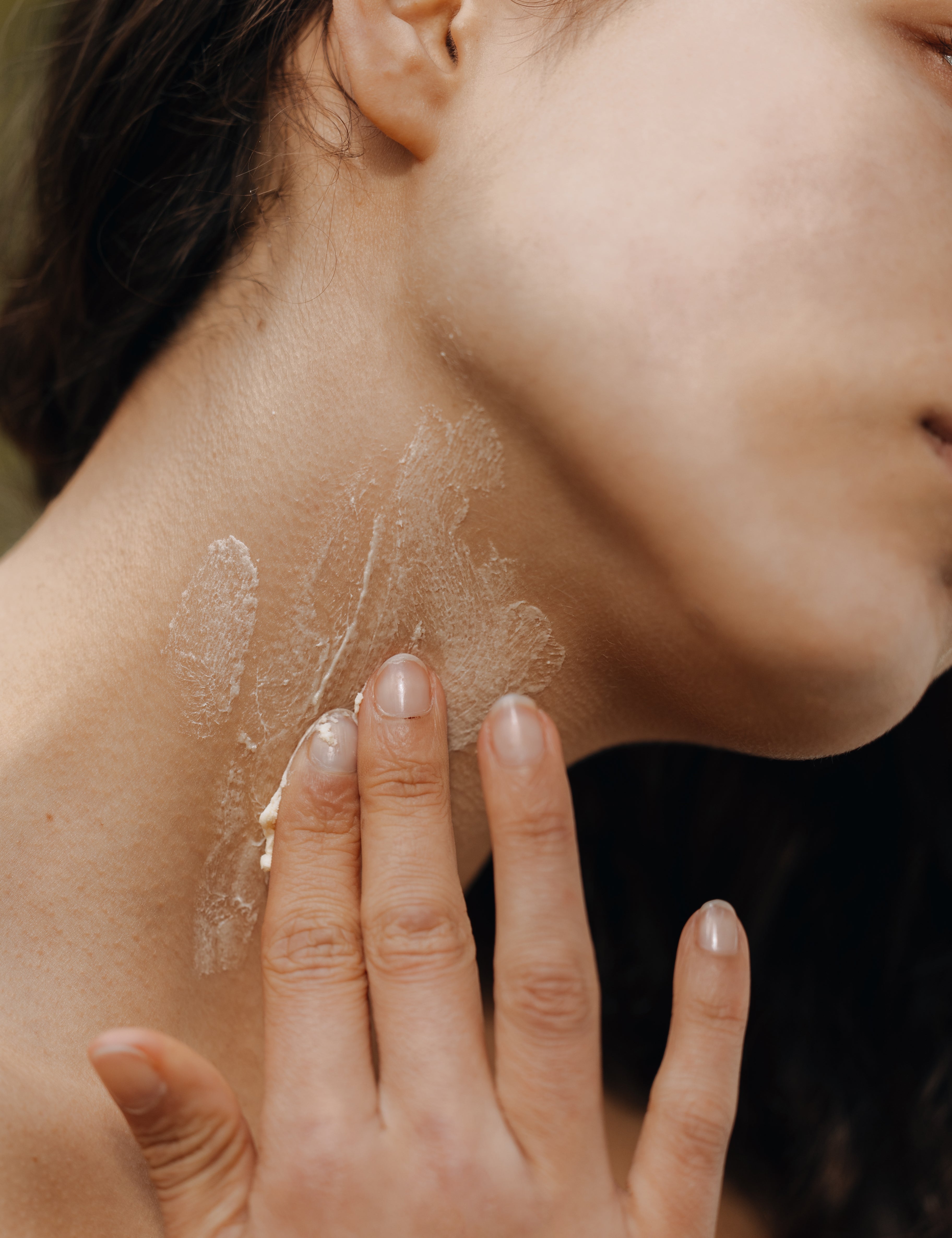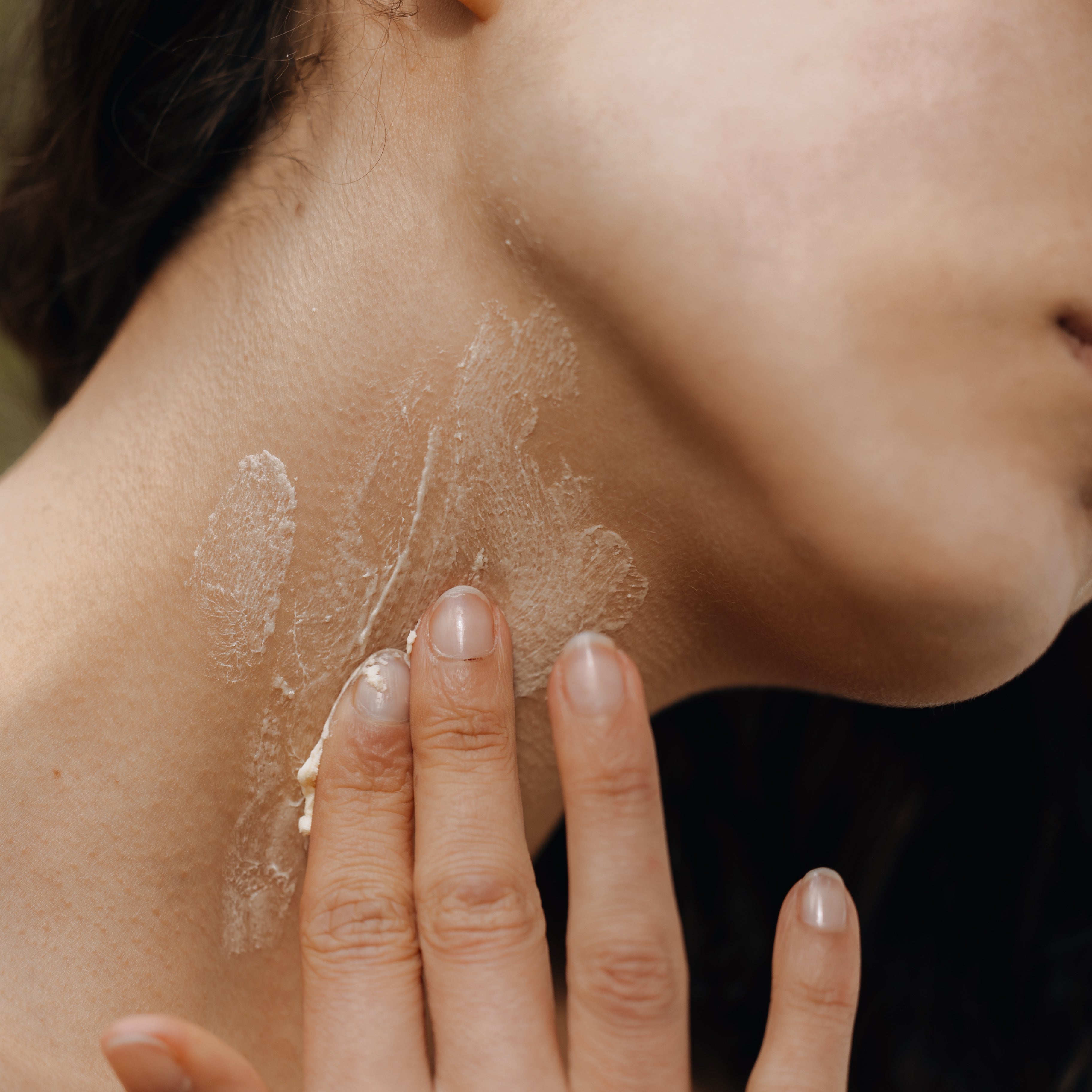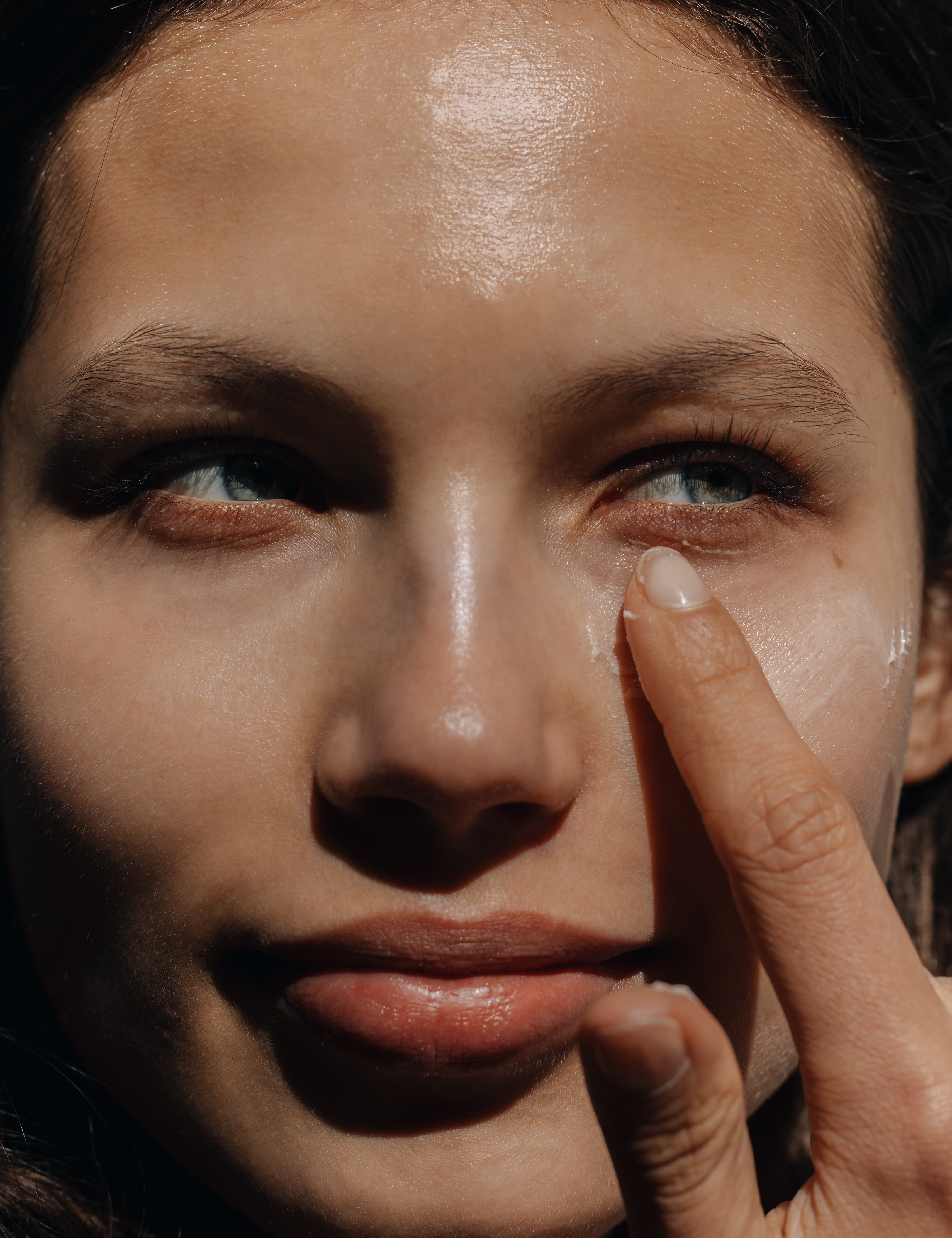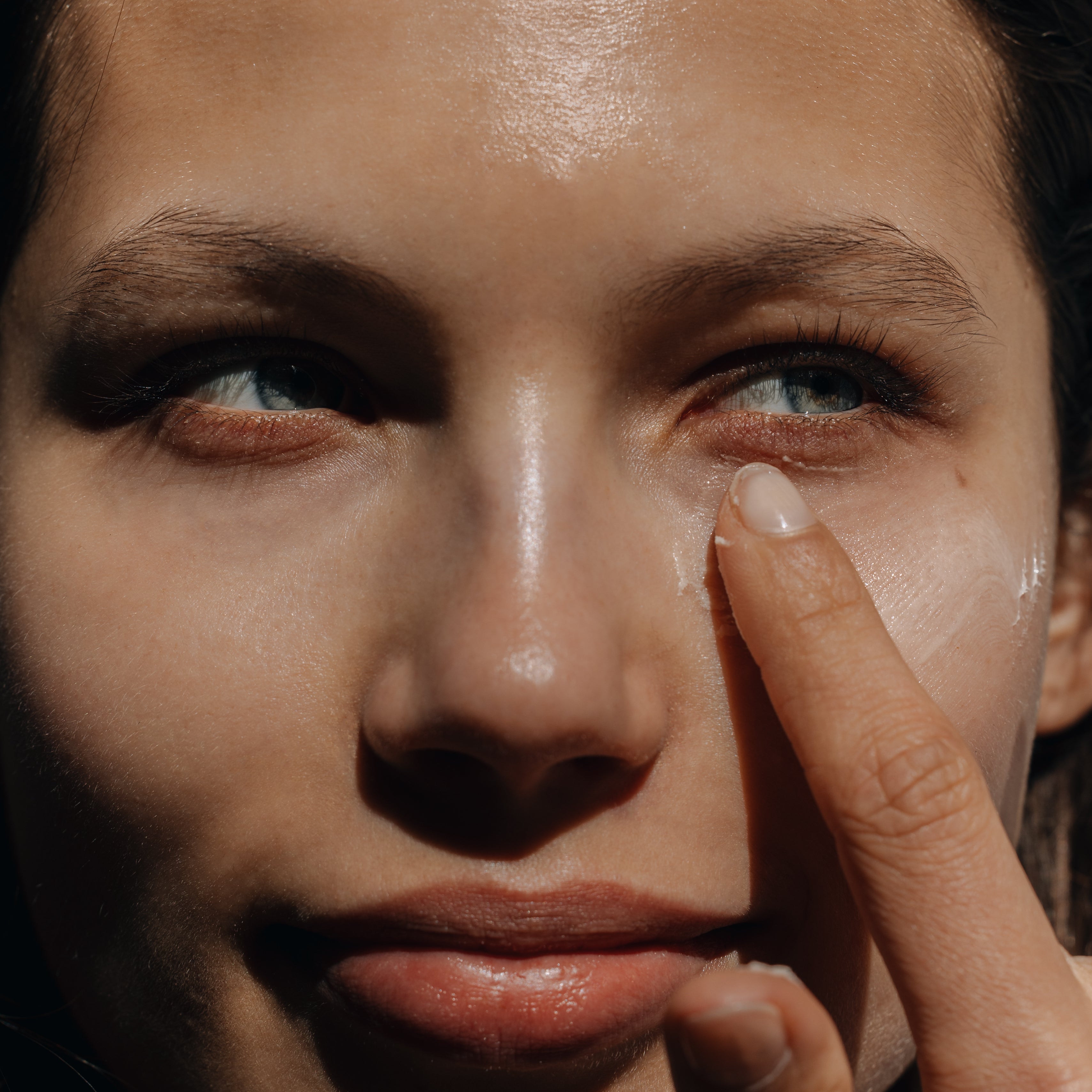RUMI SKIN FAQ
01. WHY RUMI SKIN?
Rumi Skin is a brand dedicated to creating high-quality, herbal-infused tallow skincare products that draw inspiration from ancient beauty rituals. We believe in the power of nature and the wisdom of the past, using only the most nourishing ingredients to provide gentle, effective care for your skin. Our products are carefully crafted without essential oils or PUFA seed oils, focusing instead on rich, natural oils and extracts that truly support your skin's health.
02. How do I use tallow?
Simply scoop out a small amount of the tallow and warm it between your fingertips to soften. Apply to clean, dry skin and massage gently. You can use it on your face, hands, elbows, or any areas of your body that need moisture or healing. For best results, use daily as part of your skincare ritual.
03. Will Tallow clog my pores or cause breakouts?
Our whipped tallow is formulated to be non-comedogenic, meaning it won't clog your pores. Its natural composition closely resembles the oils of human skin, which helps it to absorb easily and support a balanced complexion.
04. Are your products suitable for all skin types?
Yes, our Tallow is suitable for all skin types including sensitive and acne-prone skin. It’s gentle and natural, providing deep moisturization without causing irritation.
05. How does Tallow compare to plant-based moisturizers?
There are essentially two types of fat: saturated and unsaturated. Saturated fats, like butter, tallow, and coconut oil, are solid at low temperatures. Unsaturated fats are liquid at low temperatures and come in two sub-types: monounsaturated (e.g. olive oil, macadamia oil) and polyunsaturated (e.g. hemp, rapeseed, sunflower, and flaxseed). It’s this last sub-type of fats that are highly chemically unstable. Unlike the more stable saturated fats, they have an incomplete hydrogen bond, which means they oxidize—combine with oxygen when exposed to heat and light—very easily.
06. What are PUFA seed oils, and why don’t you use them?
PUFA (Polyunsaturated Fatty Acids) seed oils, such as sunflower oil, grapeseed oil, and canola oil, can be unstable when exposed to heat and light, and may promote inflammation in the skin. We choose not to include these oils in our products, as we prioritize the use of more stable, nourishing fats like grass-fed tallow and jojoba oil to ensure your skin receives the highest quality hydration and protection.
07. What does “herbal-infused” mean?
Herbal-infused means we take carefully selected botanical herbs like panax ginseng, chamomile, and centella asiatica (gotu kola) and infuse them into our tallow to extract their skin-soothing and rejuvenating properties. This creates a potent infusion that combines the healing benefits of both plants and tallow in one powerful product. This method draws from ancient practices of using herbs to enhance skincare and wellbeing.
08. Why don’t you use essential oils in your products?
We’ve chosen to refrain from infusing our products with essential oils because of the large ratio of plants required in the extraction process to create them. For example, it takes about 75 lemons to create just one 15ml vial of essential oil, and a lemon tree takes six years to bear fruit and six months for lemons to mature. (Source: doTERRA)
In contrast, we infuse our tallow with herbs that are organically grown, free from pesticides, fertilizers, and herbicides. These herbs offer powerful nutritional benefits and provide a more sustainable way of adding therapeutic value to our products.
09. How should I store my Rumi Skin products?
Store your Rumi Skin products in a cool, dry place, away from direct sunlight and heat. This will help preserve the natural integrity of the tallow and herbal infusions, ensuring your products last longer and remain effective.
10. Where does your tallow come from?
Our tallow is sourced from grass-fed, pasture-raised Dutch beef. The cows are raised in open pastures, free to roam and graze on natural grass, ensuring the highest quality tallow. We believe in ethical and sustainable sourcing, prioritizing animal welfare and the environment. This commitment to using premium, grass-fed beef tallow ensures that our products are nourishing and beneficial for your skin while staying true to our values of sustainability and responsibility.







